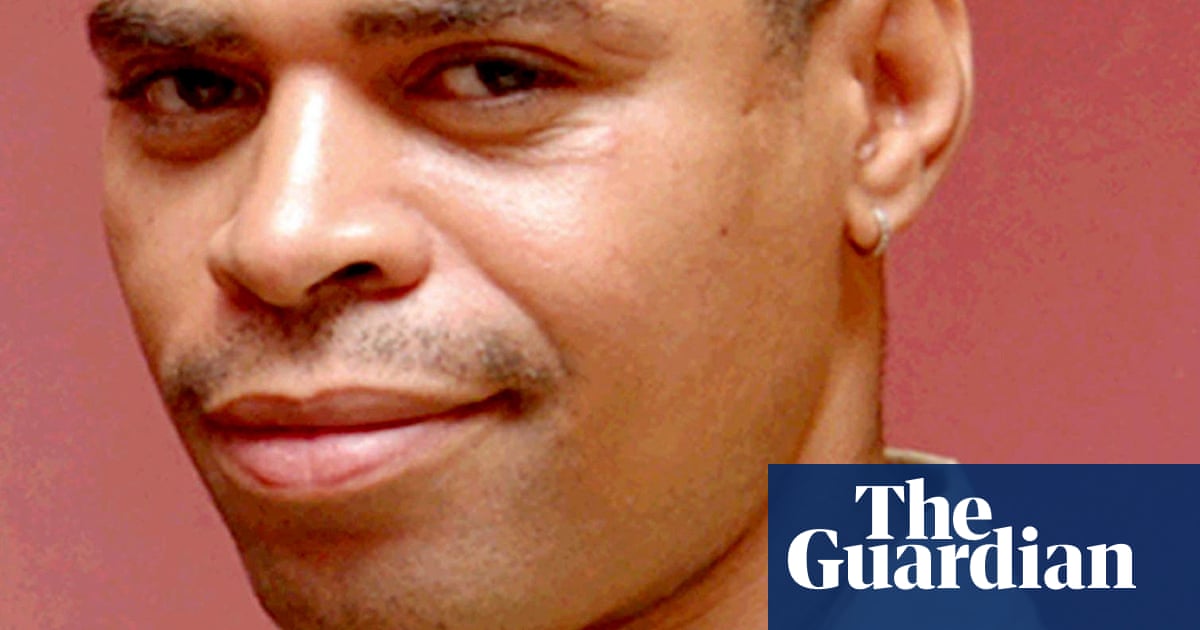
The British-Nigerian artist Yinka Shonibare is creating a sculpture in memory of David Oluwale with the aim of cementing a “fitting legacy” for the Nigerian who drowned in the 1960s after harassment by police in Leeds.
Shonibare, who was nominated for the Turner prize in 2004 and is known for work that addresses identity and colonialism, said the sculpture would serve as a permanent “hopeful” memorial and a reminder of a dark chapter in the city’s history.
“It’s a fitting legacy to an ordinary man, who will no doubt leave an extraordinary legacy,” he said. “We have to honour him with this small event and hopefully, if people can learn about history, and the mistakes of history, they won’t repeat them.”
Leeds city council and the Arts Council are supporting the work, which was developed after being suggested in 2007 by the author and academic Caryl Phillips, the founding patron of the David Oluwale Memorial Association (DOMA), which has pushed for a memorial for several years.
Dr Emily Zobel Marshall of DOMA said Leeds had a responsibility to “acknowledge, learn from and take inspiration” from the life and death of Oluwale, who she said would leave a legacy of “hope and creativity”.
Oluwale came from Nigeria in the 1960s with hopes of becoming an engineer but died at the age of 38 after persistent harassment by West Yorkshire police officers. The subsequent court case made his name synonymous with institutional racism.
When he was not able to secure a place as a student, Oluwale worked as a tailor, foundry worker and slaughterhouse labourer before being sectioned and institutionalised for eight years. When he emerged he became destitute and homeless on the streets of Leeds, where he was regularly harassed by police officers and eventually his body was found in the River Aire in 1969 after witnesses saw him being chased by officers.
His case is one of the most notorious in the history of British policing and led to two police officers being found guilty of assault, a landmark ruling that is still held up by campaigners as the last time an officer was successfully convicted after a death in police custody. The judge had directed manslaughter charges to be dropped.
Shonibare said that after more than 40 years in the UK he found the unnecessary stopping and searching of young black men “relentless, annoying, and embarrassing”, and hoped the memorial would help remind people about where such treatment can lead.
“I think the memorial will keep that in people’s minds and remind people that we live in a multicultural society and diversity is important,” he said. “People are not actually asking for much: we’re asking for employment, and that you treat us equally. That’s all we’re asking for, I don’t think that’s too much to ask.”
The sculpture is the latest project reflecting on the life of Oluwale, who was memorialised in a play created by Oladipo Agboluaje, performed at the Leeds Playhouse in 2009 and adapted from Kester Aspden’s book of the same name, The Hounding of David Oluwale.
The Shonibare piece is part of a development on a new park planned for Leeds city centre on the site of the former Tetley brewery. It will be unveiled in 2023 to coincide with Leeds’ wider city of culture year.
The announcement of the sculpture follows Leeds city council’s internal review into the city’s statues and monuments and the possible connections to slavery, in the wake of the Black Lives Matter protests in summer 2020.
The review found that there were no individuals honoured who were known to be “directly central to the slave trade”, but said empire, colonialism and slavery were still “prominent influences within the city’s visible heritage”. An example it gave included Harewood House, the stately home on the outskirts of the city that was built by the slave-owning Lascelles family.
The support of Shonibare’s art work was mentioned in the review as a key recommendation, as well as the commissioning of more works of art that commemorate diverse individuals from Leeds’ past.
Councillor Judith Blake, the leader of Leeds city council, said: “This sculpture promises to be a fitting tribute to David and should also be a source of inspiration and pride for the people who continue to work tirelessly to ensure Leeds is a place that offers a warm welcome to all.”
• This article was amended on 5 January 2021 to change the headline to more accurately reflect the story.












